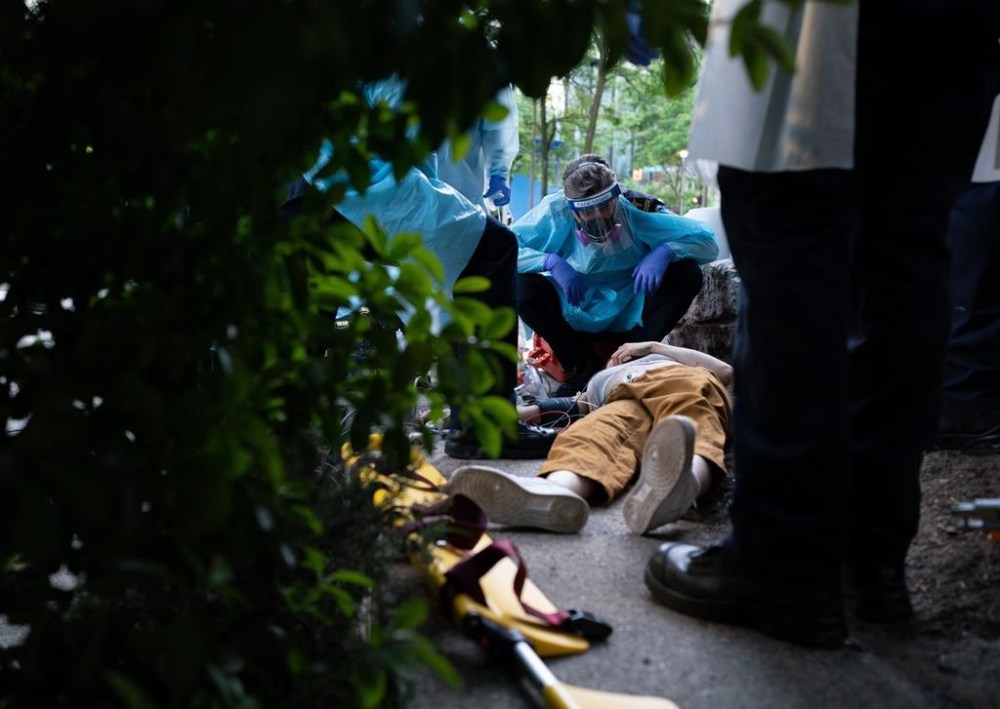B.C. addictions minister allowed to respond to decriminalization court challenge
Advertisement
Read this article for free:
or
Already have an account? Log in here »
To continue reading, please subscribe:
Monthly Digital Subscription
$0 for the first 4 weeks*
- Enjoy unlimited reading on winnipegfreepress.com
- Read the E-Edition, our digital replica newspaper
- Access News Break, our award-winning app
- Play interactive puzzles
*No charge for 4 weeks then price increases to the regular rate of $19.00 plus GST every four weeks. Offer available to new and qualified returning subscribers only. Cancel any time.
Monthly Digital Subscription
$4.75/week*
- Enjoy unlimited reading on winnipegfreepress.com
- Read the E-Edition, our digital replica newspaper
- Access News Break, our award-winning app
- Play interactive puzzles
*Billed as $19 plus GST every four weeks. Cancel any time.
To continue reading, please subscribe:
Add Free Press access to your Brandon Sun subscription for only an additional
$1 for the first 4 weeks*
*Your next subscription payment will increase by $1.00 and you will be charged $16.99 plus GST for four weeks. After four weeks, your payment will increase to $23.99 plus GST every four weeks.
Read unlimited articles for free today:
or
Already have an account? Log in here »
Hey there, time traveller!
This article was published 22/08/2024 (450 days ago), so information in it may no longer be current.
VANCOUVER – Canada’s Federal Court has agreed with British Columbia’s minister of mental health and addictions that she should be a respondentto a court challenge against the province’s decision to dial back its drug decriminalization policy.
The court says in a ruling issued this week that Addictions Minister Jennifer Whiteside should be added to the challenge originally filed in June by a coalition of non-profit groups including the Vancouver Area Network of Drug Users.
The groups are seeking a judicial review, saying the decision to recriminalize possession of small amounts of illicit drugs for personal use violates drug users’ Charter rights and “materially increases” their risk of death.

The changes sought by B.C. and granted by the federal addictions minister in May narrowed where people are allowed to possess drugs, namely in designated health-care clinics, private homes and where unhoused people are legally sheltering.
The advocacy groups opposed adding Whiteside to the case, but the court rejected their argument, saying it was she who formally requested the changes.
The ruling says the new exemption is “integral” to B.C.’s response to the toxic drug crisis.
“It follows that if the new exemption is quashed, the provincial minister will be prejudicially affected in a direct way because her ability to carry out a key function of her ministerial role, namely, implementing the province’s multi-faceted strategy in response to the toxic drug crisis, will be significantly compromised,” the ruling says.
This report by The Canadian Press was first published Aug. 22, 2024

